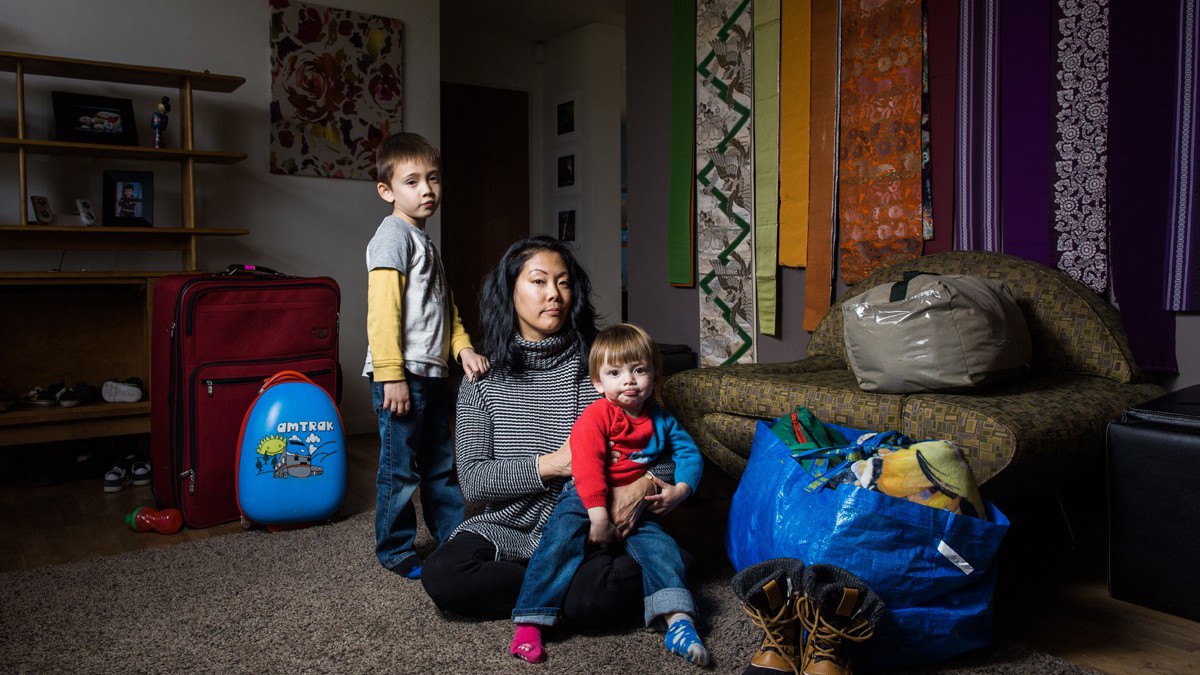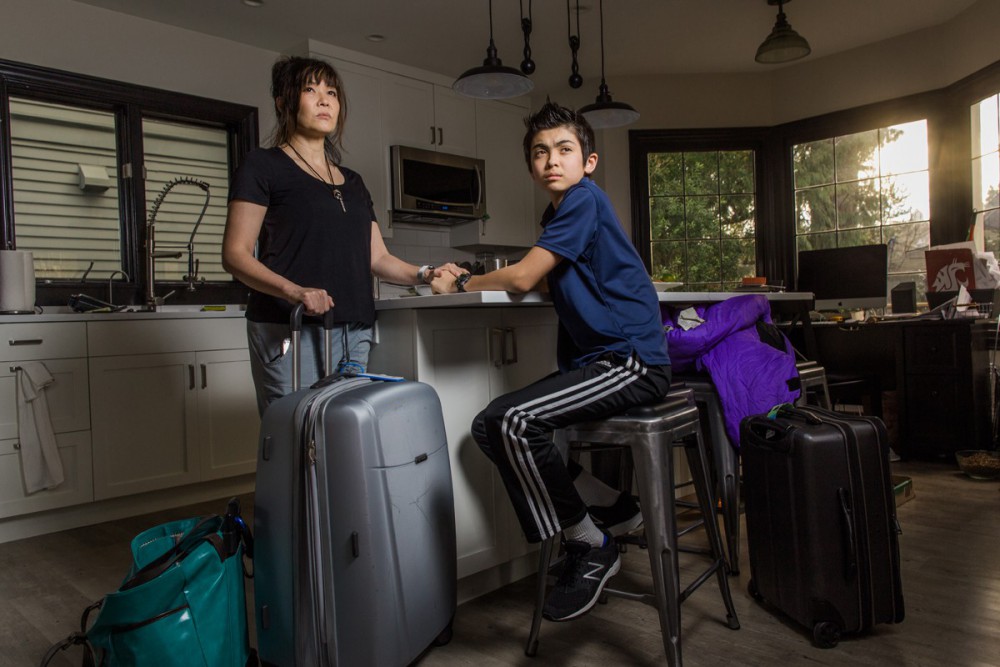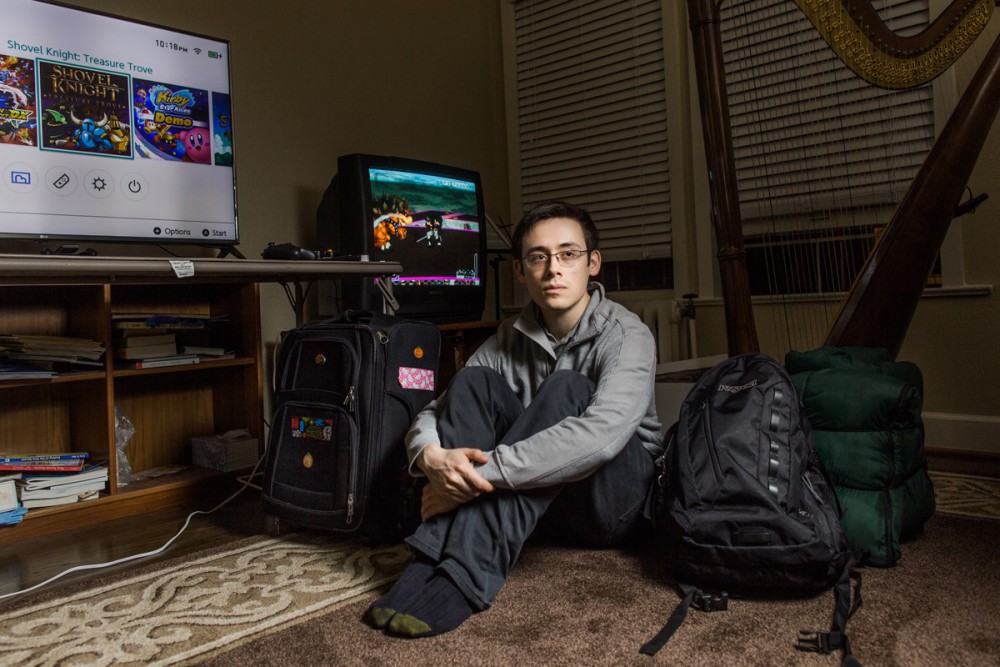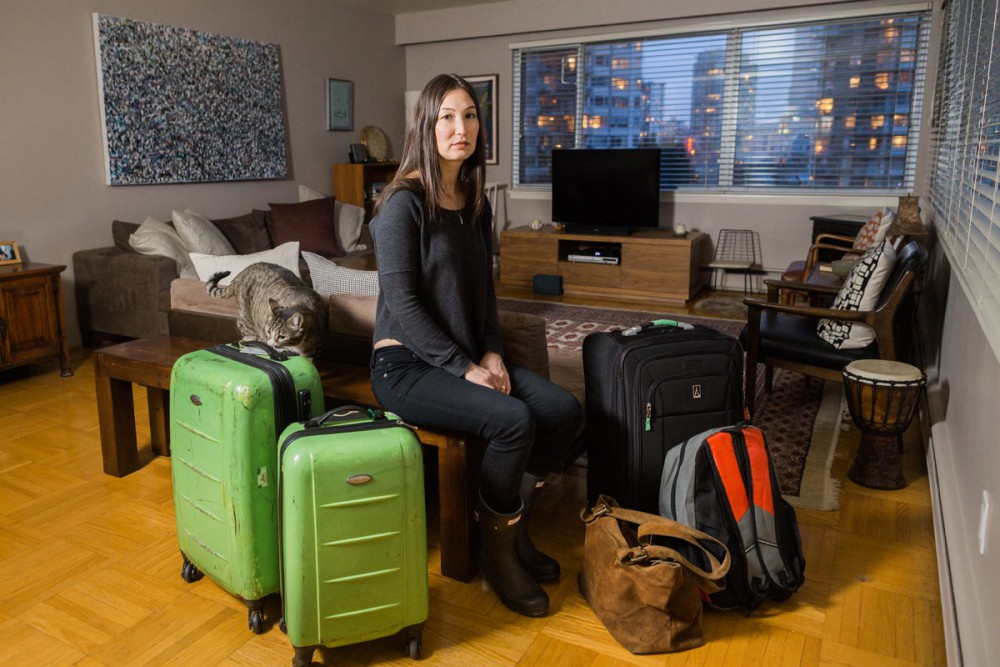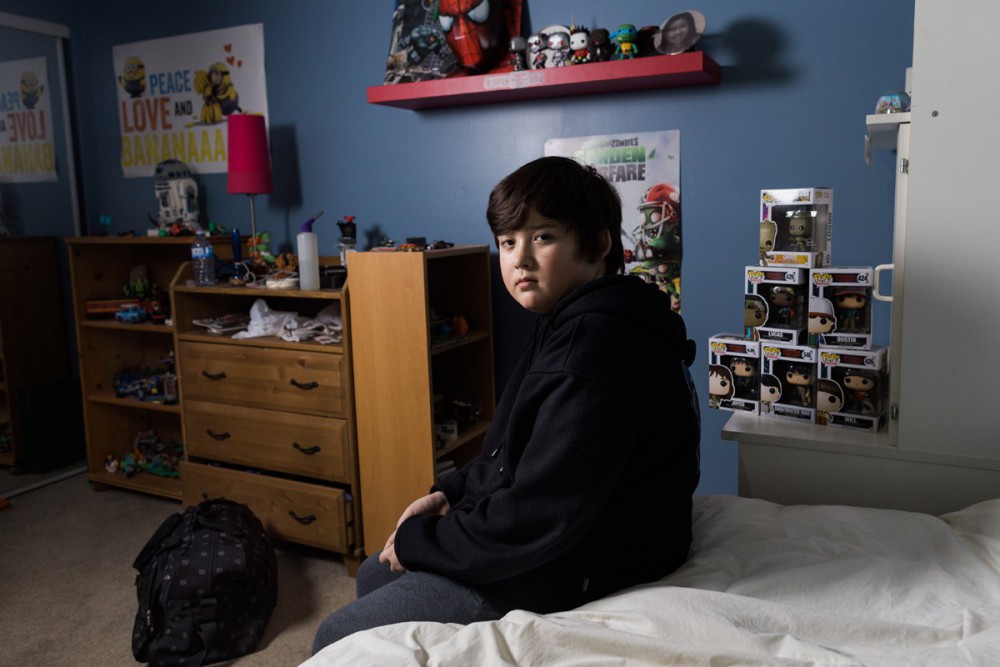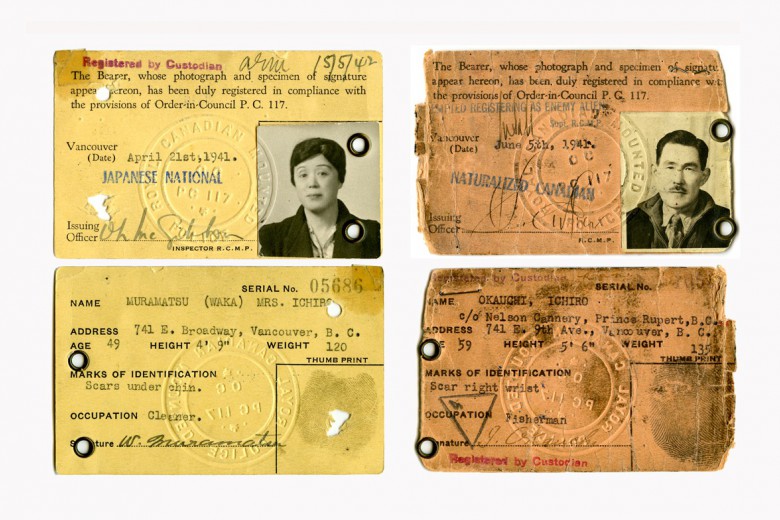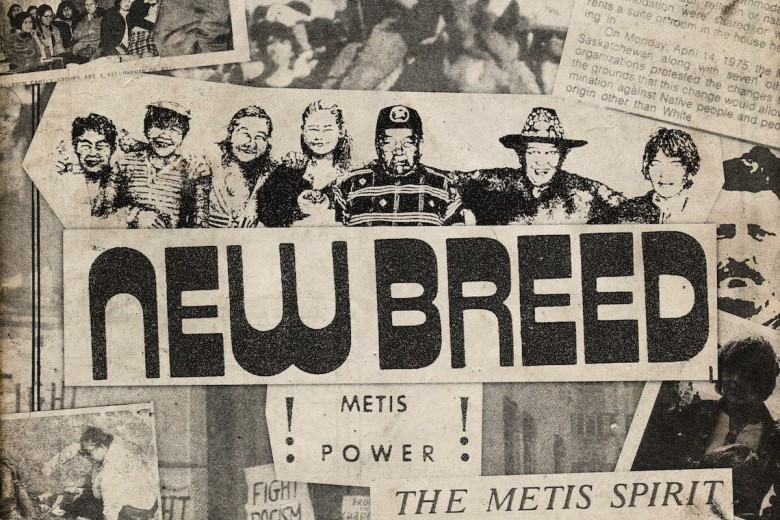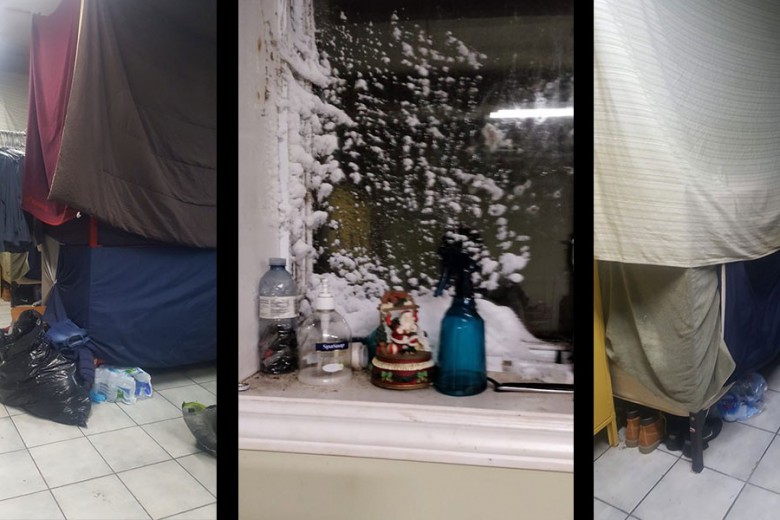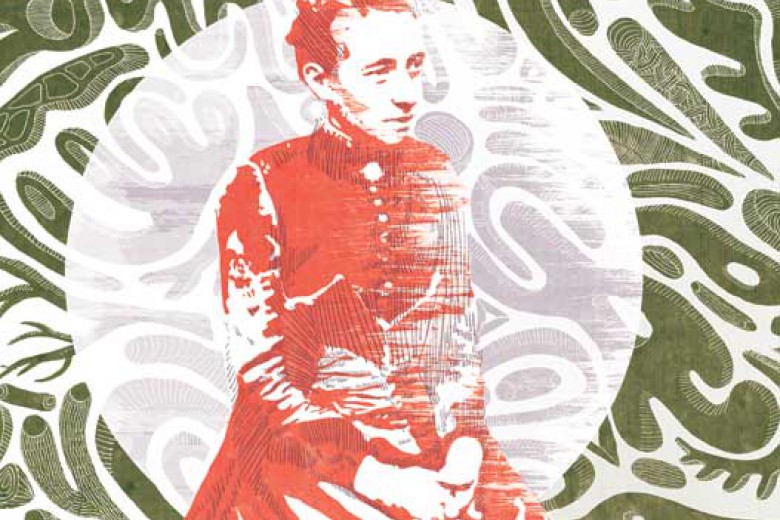In 1942, my grandparents and great-grandparents were some of the 22,000 Canadians forced to leave their homes along the West Coast because of their Japanese ancestry. I never knew what they chose to take with them, or what they would have lost. Growing up, I never learned of their experiences during the Second World War. They died before I was born and I can’t recall my family ever having a fulsome discussion about their lives.
After the Second World War, Japanese-Canadians weren’t allowed to return to the West Coast until 1949. As a result, their children grew up dispersed across the country, many of us coming of age without knowledge of our history, culture, language, or even each other. I also believe, despite my grandparents not speaking a word of the past, they still carried the trauma of internment for the rest of their lives. I often wondered how many other young folks of Japanese ancestry had their history torn from them, a pondering that eventually turned into this photography series, The Suitcase Project.
In this selection, each subject, identifying as yonsei or gosei (fourth- or fifth-generation) Japanese-Canadian or Japanese-American, was asked what they would pack if forcibly removed from their homes today.
Documented in British Columbia and the State of Washington, each individual was given 24 to 48 hours’ notice to prepare their belongings based on the same notice and similar timeline Japanese-Canadians and Japanese-Americans were given during the internment and incarceration. This process turned into conversations about the items they chose, the role of this history in their lives, and the relevance of this history today. For many, the idea of packing their life up was daunting and sometimes emotional.
As yonsei and gosei, we will never experience the same degree of racism and discrimination our ancestors faced, but others in our lifetime continue to be displaced, divided, and persecuted due to religion, sexuality, and skin.
This photo series was the runner-up of the first-ever photography category of our eighth annual Writing in the Margins contest. Photography entries were judged by Jalani Morgan. We gratefully acknowledge the financial support of the Regina Public Interest Research Group (RPIRG) to this year’s contest. Briarpatch will be accepting entries for the ninth Writing in the Margins contest in September 2019.


